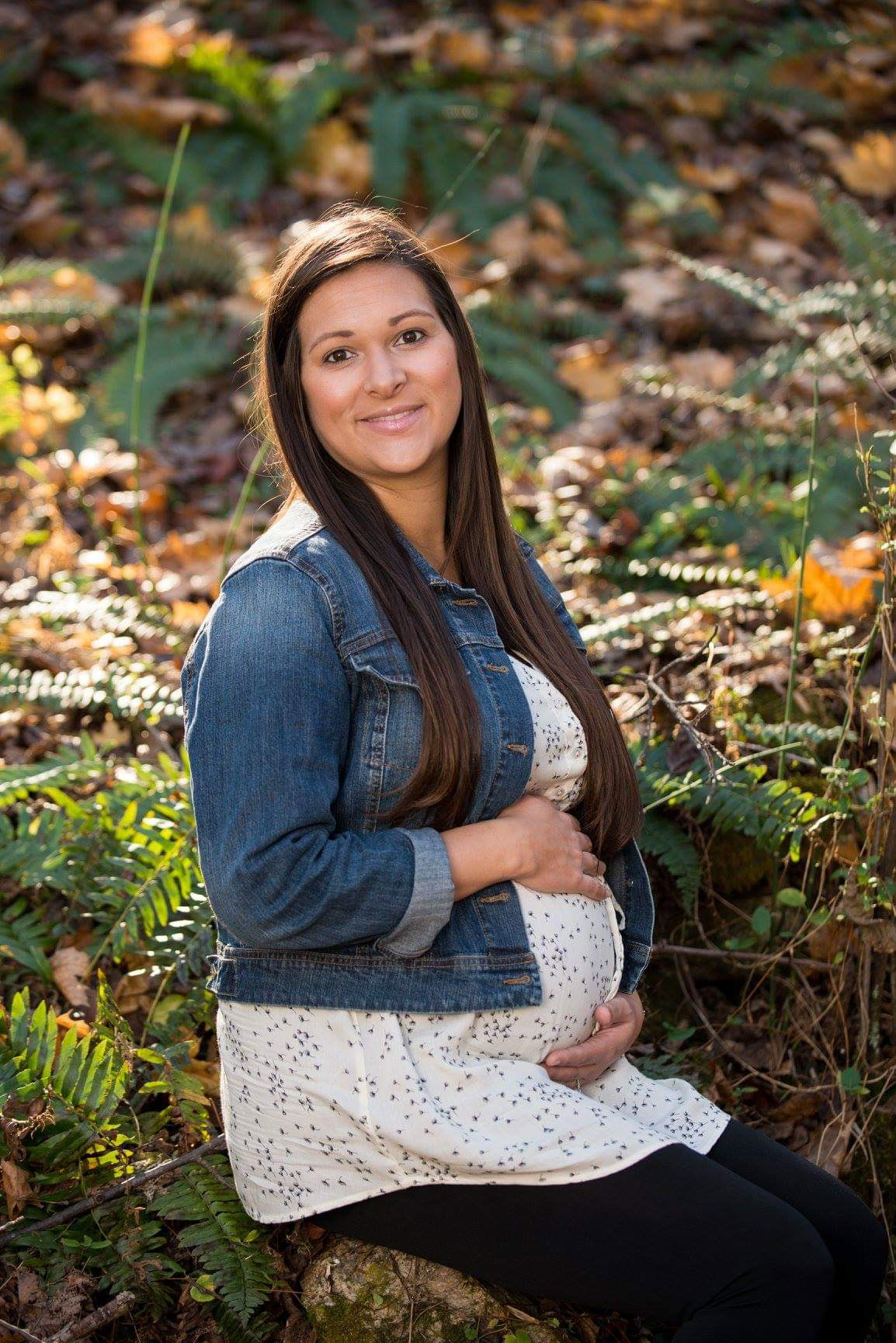For nearly half her pregnancy, Kelly Hartge, a NICU nurse at Children’s National, knew that her daughter wouldn’t survive.
“At our 20-week ultrasound, our baby, a girl, was diagnosed with anencephaly. I knew what that was because of my work. Not all of the baby’s skull had formed, which meant the brain would not develop fully. I knew our baby wouldn’t survive long-term—they couldn’t tell us if it would be days or hours or minutes—and might not even make it to delivery. We were in shock, but we had to pull it together because our son was in the waiting room. The only thing the doctor did was give me phone numbers of places to call to terminate the pregnancy.
“I thought for a second about what that meant, but I knew in my heart I would never go down that route. We had lots of hope that she would survive delivery and we would get to meet her alive for a short amount of time, or any amount of time. My husband and I are both Catholic, and our families supported continuing the pregnancy 100 percent.
This story is part of Washingtonian‘s feature “What It’s Like to Be a Woman in Washington.” For more:
[su_posts id=”862395″ order=”desc” ignore_sticky_posts=”yes”]
“We named our daughter Hope. We read I Love You to the Moon and Back to her at night. We wanted to make sure she knew nothing but love. I just had a lot of faith that this was our journey for whatever reason. That didn’t change the fact that sometimes I was angry. But there were a lot of moments of grace that helped me get through it. Through my priest, I found another doctor, and she put me in touch with Isaiah’s Promise, a group for parents carrying a baby to term after a fatal diagnosis. Talking to other women who had gone through something like this helped me so much.
“On Christmas Eve, about two weeks before my due date, we lost Hope’s heartbeat. That was one thing I hadn’t prepared for, and I broke into tears. Right after Christmas, I was induced and delivered. As terrible as it was, I’d had the days before to grieve, so I was able to celebrate her that day. My grandmother said this was the closest we were going to get to God, and we all felt that when we held her.
“My coworkers were so amazing: They donated their vacation time to me so I could take more time off if I wanted to. But after two months, I had to go back. I wanted to take care of the babies. It somehow made me feel closer to Hope, and it still does.”
This article appears in the October 2019 issue of Washingtonian.


















